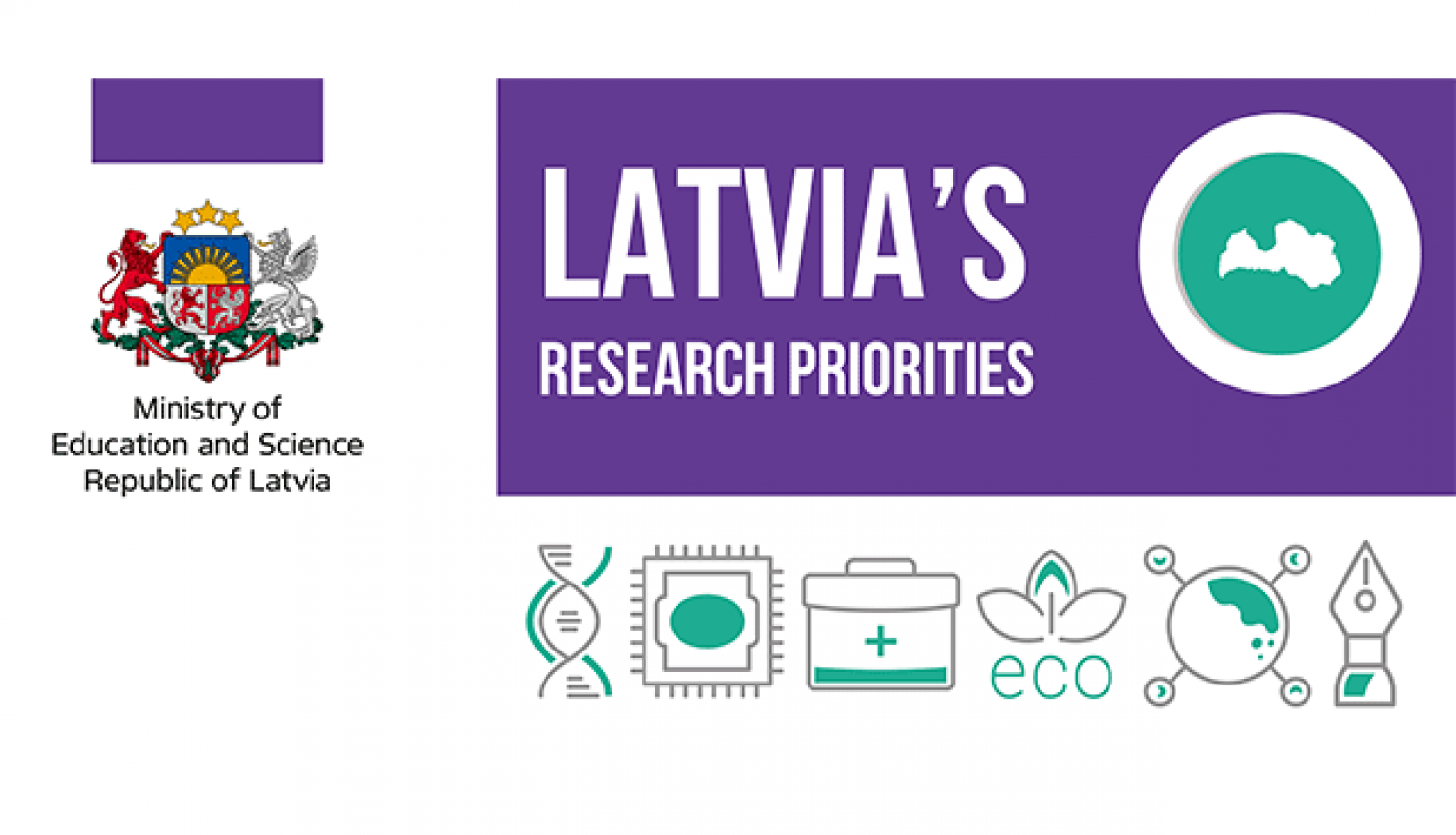Publishedmore than 8 years ago
Published: 16.10.2017.

Natural sciences, applied mathematics, information and communication technologies for the development of the knowledge economy, smart materials and technologies for increasing the value of products and processes and enhancing cybersecurity (digitization of processes, artificial intelligence in automation and robotisation, smart industry, computer modeling, simulation and quantum computing, Big Data, data collection and processing technologies, signal processing technologies, intelligent transport systems, the Internet of things (IoT) and the challenges it poses, nanotechnology and photonics, functional materials and composites, biotechnologies, space technologies, cybersecurity).
Energy independency, energy efficiency and climate change (energy independence, renewable energy sources and alternatives to fossil fuels, secure energy, environment, ecosystems and biodiversity, promotion of a low-carbon economy, climate change mitigation, pollution reduction and adaptation to climate change, reduction of greenhouse gas emissions).
Local resources and their sustainable use (sustainable use of natural resources, mineral reserves and natural resources in the production of high added value products, sustainable forestry, agriculture and fisheries, reduction of agriculture’s impact on the environment, new food processing technologies and methods, food safety).
Public health, sports, welfare and demography (human health, including maternal and child health, youth health, health care quality, effective treatment and medical technologies, early diagnosis and prevention of non-infectious diseases, comprehensive development of young people, mental health, infectious diseases and antimicrobial resistance, assistive technologies, biopharmacy, drug discovery and pharmaceutical development technologies, social innovation, environmental and community sustainability).
Knowledge society and innovations for economic sustainability (commercialisation of research, innovative commercial activity, beneficial legal system, creation (production) and commercialisation of high added value products and services, demography and development opportunities for peripheries, smart immigration, the development of human capital, education quality research, competence-based education, research-based higher education, global value chains, potential of creative industries, Industry 4.0).
Open inclusive society and social securitability (quality of life and social protection, the creation of social capital in / within community, social segregation, demography and its social aspects, equality, inclusive growth, inclusive social values in Latvian history, social adaptability in the context of various geopolitical and economic challenges, identity studies and values of global geospatial development centres, the fundamentals of Western and Eastern cultures, interaction and integration, radicalisation, potential and development of other cultural values religions).
Social security and defence challenges challenges (stabilisation of socially unifying values in changing conditions, study of democracy destabilising mechanisms, social polarisation and radicalisation, combating cybercrime, electoral manipulations, innovations and value chains in security industry, integration into NATO and the European Union's security and defence system, dual-use products, strategic and crisis communication, innovations in public administration and policy planning).
Statehood of Latvia, local languages and values (Letonika, development of Latvian language, national law, Latvian history and development of statehood, European values throughout the centuries, the practice of knowledge culture in different periods of history, the history of the economic development of technologies, the formation of a society's culture and identity in the context of European values, cultural interaction in Latvia, the experience of Latvia as a multiethnic and multicultural environment over the centuries and the development potential. The role of public memory in contemporary politics, the role of personalities in the development of Latvian statehood, historical events, national identity and values. Cultural heritage and development of cultural space (regionalistics and sociolinguistics, corpus linguistics and terminology, Latvian language acquisition, Latgalian script, Liv language).


